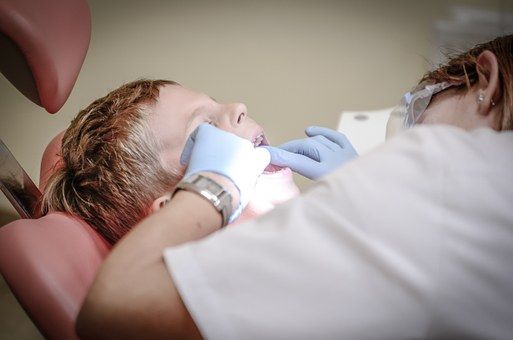A recent study by the Danish Dental Association has found that dental erosion is on the rise. Of the 1,000 dentists surveyed, half reported that they had seen an increase in the number of patients with the condition.
People drinking more soda
Dental erosion occurs as a result of the long-term and continous consumption of foods and drinks with high acid content, such as smoothies, sour sweets, soda and energy drinks.
The rise in dental erosion has corresponded to changing consumer habits. According to DTU Fødevareinstituttet, there has been a 24 percent increase in the sale of soda since 2012, and there was a fivefold increase in the sale of energy drinks from 2010-2019.
With summer now in full swing, and more fizzy drinks being consumed to beat the heat, dentists are warning people to be careful how they quench their thirst.
New dental plan set in place
Dentists say the best thing to do to avoid dental erosion is to steer clear of highly acidic foods and drinks. It is also recommended to drink lots of water, as well as products with high calcium content. Drinking water immediately after drinking something acidic, for example, is a good way to neutralize the effects of the acid.
With the signs of dental erosion being tricky to spot for anyone but a trained professional, however, the Danish Dental Association says the most important thing is to go to the dentist every year for a check-up – and a new agreement made in the Folketinget may help with that, specifically among the younger generation.
The deal, which introduces free dental care for all 18-21-year-olds, was made by Regeringen, Socialistisk Folkeparti, Radikale Venstre, Enhedslisten, Alternativet, and Kristendemokraterne and came into force on July 1.














